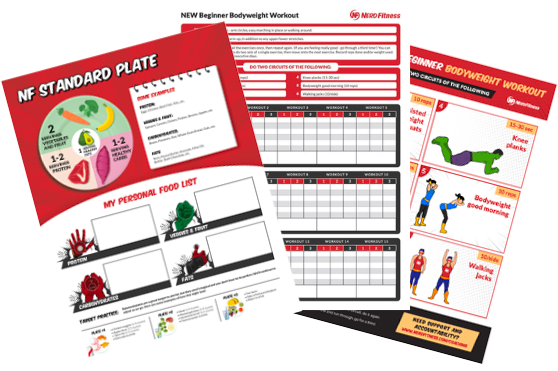
What exactly are electrolytes? You hear them mentioned all the time to sell sports drinks like Gatorade, Powerade, and Brawndo. Do you need them? Are you getting enough? What do electrolytes do for you anyway?
All you hear about is “rehydrate” this, and “electrolyte” that…is all this for real? Were humans born to consume sports drinks?
We’ll be diving into these waters headfirst, to give you everything you need to know about electrolytes:
- What are these electrolytes?
- Are you getting enough?
- Should you be supplementing electrolytes?
- Are Gatorade and other sports drinks a good idea?
First up, let’s chat chemistry.
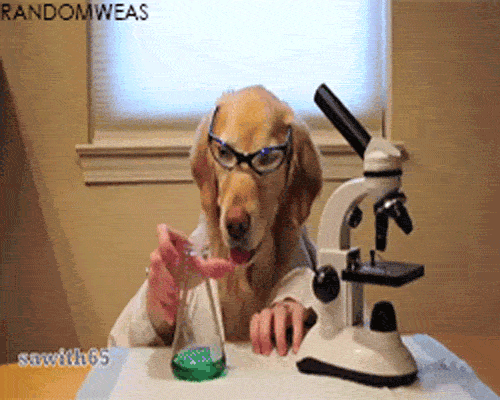
WHAT ARE ELECTROLYTES?
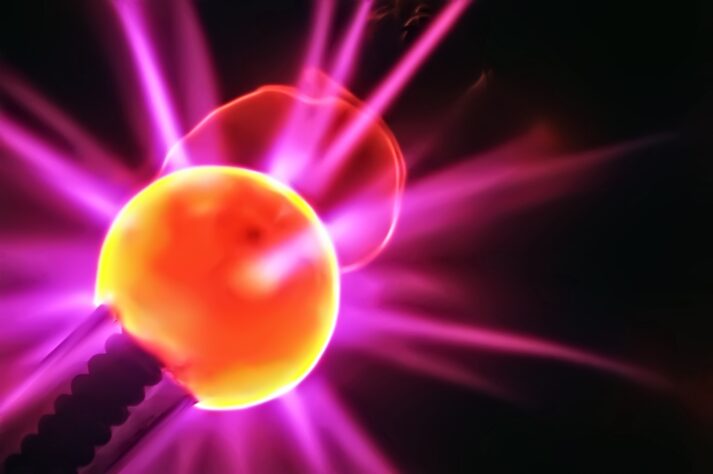
Your body is constantly working around the clock to keep itself in balance. One way it does this is with “ionic solutions,” called electrolytes. They work to keep your body, muscles, and nerves functioning properly.
Electrolytes are electrically charged minerals and compounds, which is where the “ion” part comes in. They basically conduct electricity when mixed with water. No electrolytes, means no electricity, means body-no-worky.
There are all kinds of electrolytes, but the most important are:
- Sodium
- Chloride
- Potassium
- Magnesium
- Calcium
- Phosphate
- Bicarbonate
Again, these are critical for health, which is why your body strives to keep them in order.
Which brings us to your kidneys. Your kidneys exist to help keep your body in balance by regulating the fluids and electrolytes in your body. One way they do this is by making pee – kidneys essentially filter blood so they can get rid of waste products like urea and ammonia.
When you are dehydrated, your kidneys make your pee as concentrated as possible to keep water in the body. When you are well hydrated, your kidneys let more water leave with the waste. Which is why your pee looks different depending on how hydrated you are (we’ll touch on this again later).
Bringing it back to our topic at hand, your kidneys also regulate the concentration of electrolytes in your blood.
When you work out, you sweat (trust me on this one, I’m a fitness expert). When you sweat, you lose fluids and electrolytes – especially sodium and chloride (which is why your sweat tastes salty…stop tasting your sweat you creep). Now, when you’re lacking fluids and electrolytes, your muscles suffer and your performance suffers.
Which is why having your electrolytes in balance is so crucial.
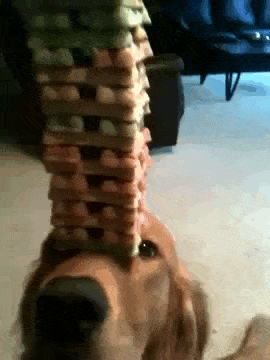
I can see the concern on your face already.
If I’ve lost you, and the idea of performance issues stresses you out, we got you. We created a 1-on-1 private online coaching program to answer questions just like “Do I need to supplement my workout with electrolytes?”
We work with busy people just like you to help establish goals and plans to achieve them. If you have tons of questions or want an accountability partner, we are here for you.
Click below to find out if we are a good fit for each other. We’ll schedule you a free call with a member of Team Nerd Fitness, who would love to talk to you no matter what!
AM I GETTING ENOUGH ELECTROLYTES?
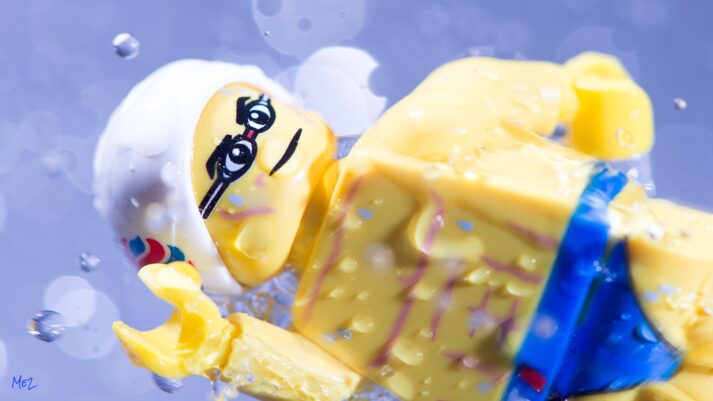
Not only can you lack electrolytes, but you can also have TOO MANY. Electrolytes take on a positive or negative charge when they dissolve in your body fluid. So having too many of some and not enough of another can create problems.
Ugh. Fitness can be complicated.
Here are some signs that things are out of whack:
- Dehydration. If you don’t have enough water in your system, your electrolytes will be out of balance. As we mentioned, electrolytes dissolve in water, so if you are dehydrated almost by definition you are lacking electrolytes. Drink up. Again, we’ll talk about pee color as a sign of hydration later.
- Diarrhea and constipation. Gross. However, we need to chat about this. Poop is mostly made out of water, so diarrhea and constipation could be a sign of an electrolyte imbalance. Plus, if you get a viral infection and get diarrhea, you can become dehydrated and then… more electrolyte imbalances. If you have problems going #2, see your doctor if this lasts for more than a few days.
- Fatigue. A common symptom of an electrolyte disorder is fatigue. If you’re feeling groggy, something might be off with your electrolytes, specifically a lack of magnesium. Many different body processes depend on magnesium, so being deficient can make you feel chronically tired.
- Muscle cramp. Has your muscle ever freaked out and felt like it was trying to detach itself from the bone? Almost as if your leg was going to snap in half? That’s a muscle cramp, and likely caused by an electrolyte imbalance or dehydration.
Generally, if your electrolytes are out of balance, it’s because you are deficient. It’s way more common to have too few than too many electrolytes. Which is why proper hydration is so critical.
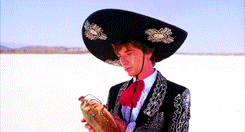
Now that I’ve convinced you that you are going to die a miserable and terrible death from the lack of electrolytes, let’s chat about Gatorade.
SPORTS DRINKS TO THE RESCUE?
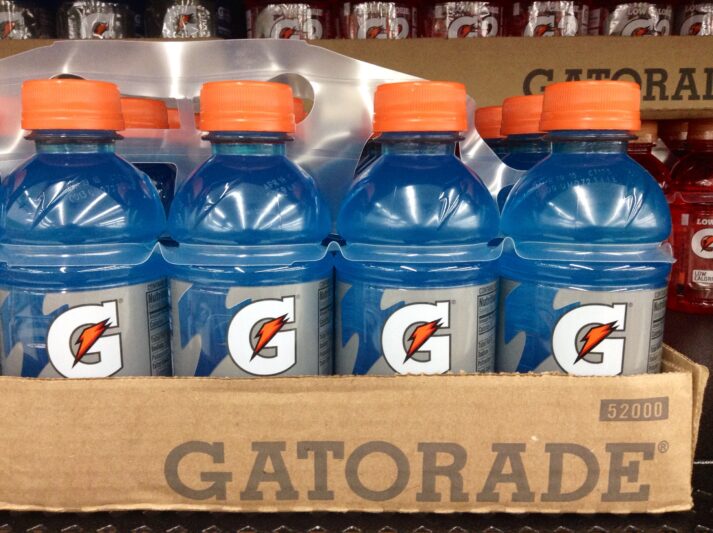
How does Gatorade (or any sports drink–they’re all about the same) work?
Sticking to the theme of this article, it comes down to electrolytes. Water will get into your bloodstream faster (and to the right places) when it’s mixed with electrolytes, because water follows electrolytes. Said another way, the absorption of water depends on sodium, an electrolyte.
And Gatorade, like Brawndo, has electrolytes.
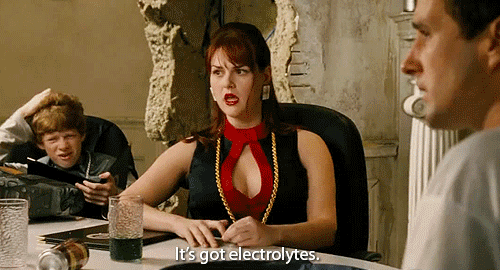
Gatorade has a good amount of sodium, as well as glucose (sugar). And your small intestines LOVE glucose.
The little transporters in your small intestines will pick up that glucose, and in turn pick up the sodium. If they‘re picking up glucose and sodium, they’re also grabbing the H20, and BOOM! You’re getting rehydrated faster. That’s the theory, and there is some evidence in support.[1]
Another benefit of Gatorade is that sodium minimizes urination (Remember osmosis from high school chemistry? Water goes where the salt is). When you’re drinking Gatorade, the liquid will stay in your body longer, giving it more time to get absorbed, which will get you back into balance quicker!
So I realize this section reads like an ad for Gatorade.
(Pay no attention to the bag of money left for me in the corner). All this talk about how great Gatorade is at getting you rehydrated quicker will REALLY only affect you if you’re doing hours and hours of strenuous activity.
That report mentioned above was critical on this point:
If you’re running a marathon or doing hours upon hours of strenuous activity, Gatorade or some other electrolyte enhanced beverage can aid you in your activity.
If you’re just working out for 45 minutes, drinking water throughout the workout and afterward will keep you plenty hydrated.
Now, seeing as this is a fitness resource, I want to get to the most important part about gatorade.
Is Gatorade healthy?
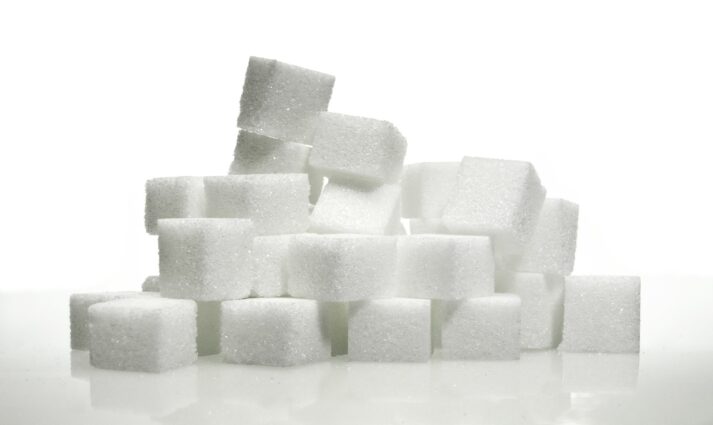
Reality check: Gatorade is essentially sugar water with some electrolytes added.
And sugar water has a lot of calories.
That means if you’re looking to burn fat, drinking a 32 oz Gatorade will certainly put back all the calories you just burned off during your workout (there are about 200-240 calories in there, most of which is sugar).
It comes down to total calories consumed vs. total calories burned every day.
You know, thermodynamics.
To lose body fat, you need to be in a caloric deficit, meaning you need to burn more than you consume. Drinking Gatorade can make this equation more difficult to tip in your favor.
So if you are doing moderate exercise, or even strenuous exercise for a shorter (an hour or so) amount of time, water should suffice.
If you are running marathons or doing hours of intense work, then replenishing your electrolytes is important. And one way to do that could be Gatorade.
Just don’t sit on your couch eating donuts and drinking Gatorade, despite the presence of electrolytes. The sugar will go straight to your gut!
Are you doomed? Do you have to drink sugar water to get enough electrolytes?
OTHER WAYS TO SUPPLEMENT ELECTROLYTES
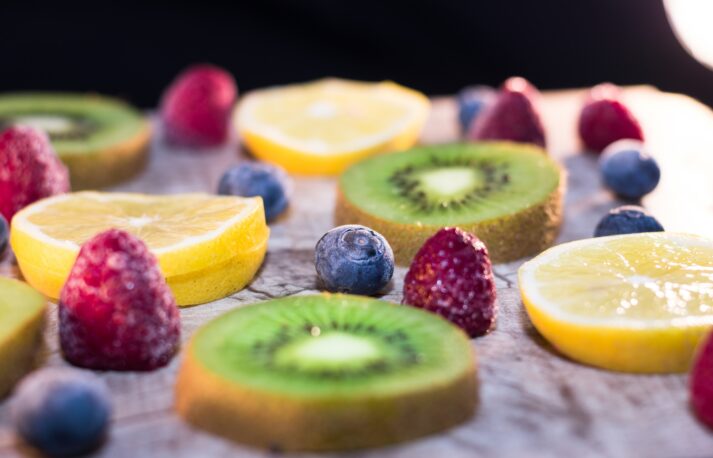
All sorts of foods contain electrolytes. Our caveman ancestors didn’t have access to Fierce: Melon. They had to get their electrolytes from food.
This is still a good strategy.
Here are some ideas on how to eat your electrolytes:
- Fish. Salmon, sardines, and mackerel all have high concentrations of calcium. A diet high in fish, like the Mediterranean, might be a good idea in this regard.
- Fruit. Bananas, as well as oranges and melons, are a good source of potassium. So are avocados, which are also technically in the fruit family.
- Nuts and seeds. If you’re looking for food with magnesium, look to nuts and seeds. Almonds, Brazil nuts, cashews, pumpkin and watermelon seeds are all a great source of magnesium.
- Spinach. This leafy green is packed full of electrolytes. One cup of spinach contains 839 mg of potassium, 245 mg of calcium, and 157 mg of magnesium. Popeye was on to something.
I’ll also note, that most REAL food (mushrooms, lentils, peas), will have micronutrients like electrolytes. Processed food like a Twinkie? Not so much.
If you eat a diet containing mostly REAL food, you should be fine on electrolytes. We evolved to get our nutrients from the foods we eat. If you want more guidance on what healthy eating means, make sure you check out our Guide on Healthy Eating. We explain what REAL food is, plus give you guidance on how to move your diet in that direction.
It should be noted that if you want to supplement with extra electrolytes, you don’t have to swig Gatorade. There are plenty of electrolytes on the market. Mix some with water after a workout and you’ll be good to go. This, plus lightly salting your food will do the trick.
I’ll end this section by saying that some low-carb diets like Keto can cause you to lose water and electrolytes along with it. We dive in the subject pretty heavily in our guide, but it’s good to keep in mind that if you are going low-carb, you’ll likely need more electrolytes than the average person.
Okay. That about does it. However, I promised we’d get to it.
LET’S TALK ABOUT YOUR URINE
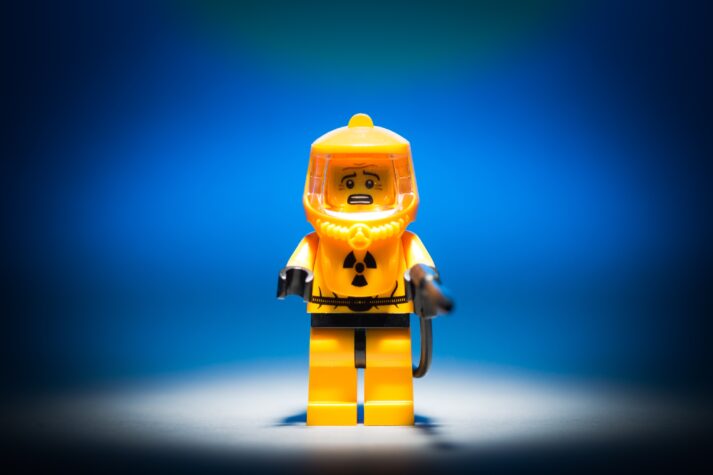
We started this article talking about pee. And like a Quentin Tarantino movie, that’s how we’ll end it. With pee. This joke worked in my head…
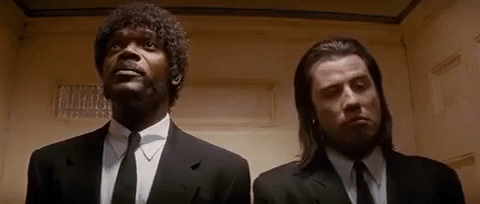
- Do you have pale yellow pee? You’re right on track.
- Bright or dark yellow pee? Make a few more trips to the water cooler.
- Mountain Dew colored pee? Your body is severely dehydrated.
- Any other color of the rainbow? RUN to the doctor.
-Steve
PS: If you want an accountability partner to answer all your fitness questions, I’ll again remind you of the Nerd Fitness Coaching Program. We can give you feedback on workouts, nutrition, and other lifestyle habits. We can even take a look at the color of your pee to see if you’re dehydrated.[2]
**All photo credits can be found right here[3]**



